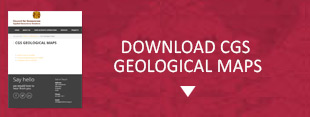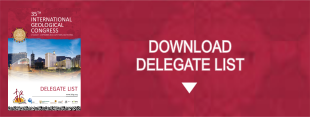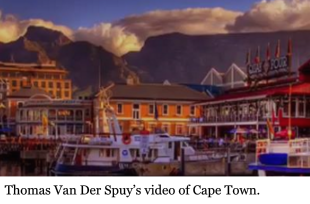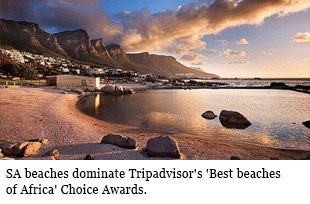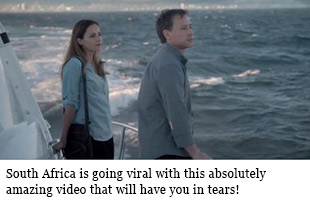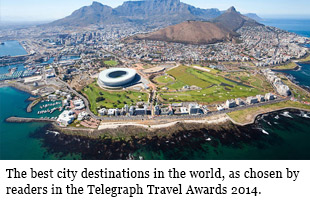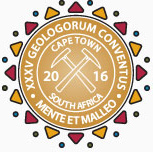
35TH INTERNATIONAL GEOLOGICAL CONGRESS
27 AUGUST - 4 SEPTEMBER 2016 | CAPE TOWN, SOUTH AFRICA
Sponsors
Keystone Sponsor
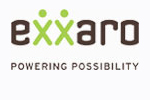

Diamond Sponsor


Gold Sponsor


Silver Sponsor



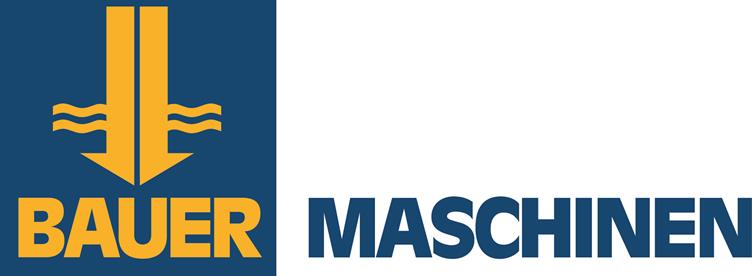




Business Centre Sponsor


Publication Sponsor




Social Function


Plenary Speaker Sponsor


Speaker Gift Sponsor


Post Graduate Fund


Registration


Welcome Drinks


Lunch Time Drinks
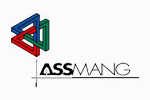

Publication &
35 IGC SAGPGF
35 IGC SAGPGF

35 IGC SAGPGF




MY IGC APP


Symposium Sponsor
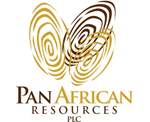
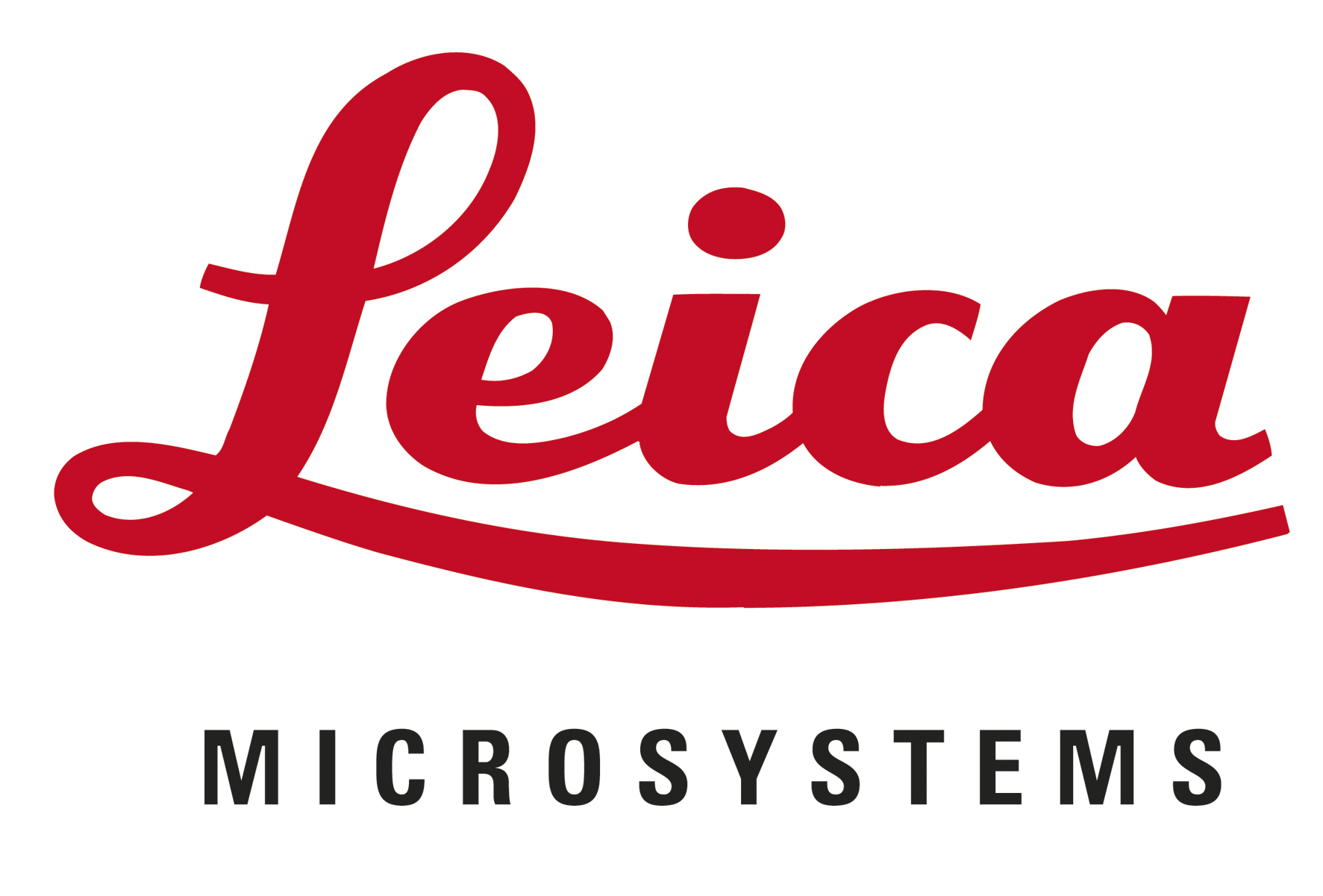


Audit Sponsor
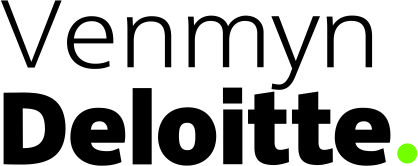

35TH INTERNATIONAL GEOLOGICAL CONGRESS
27 AUGUST - 4 SEPTEMBER 2016 | CAPE TOWN, SOUTH AFRICA
My IGC
Symposium Details
| Title | Description | Convenors |
|---|---|---|
| AGID Sub Theme : 2 Mining for Economic Progress of Low-Income Countrie | Export form mines and mineral processing plants forms a sizable part of GDP in many low-income countries. The mines are developed by Government Departments and by local entrepreneurs either singly or often with foreign collaborators. Mining and mineral processing industries in low-income countries are responsible for sizable employment and poverty reduction. Small scale mining and mining of construction materials also provide employment and give a boost to rural economy. However, it is time to examine the effects of mining on the environment at the mines, at the processing plant, and at the neighboring villages affected by the operations. Eco-friendly and Socio –friendly mining are relatively new concepts in low-income countries but some companies do observe ethical ways during their operation and also during the rehabilitation phase. Although the mining activity is not sustainable due to non-renewable nature of the minerals, the rehabilitation phase ensures a sustainable benefit to the local community. The permanent loss of mineral capital is compensated by increase in other types of capitals such as education, infrastructure, water supply and sanitation, and improvements in agricultural practices and marketing. The papers in this session would illustrates the current situation and suggest pathways for improvements so as to strike the balance between economic development and environmental protection. | Afia Akhtar, Viqar Husain and Madhumita Das |
 Field trips
Field trips  Sponsorship & expo
Sponsorship & expo  Registration
Registration Tours
Tours  Promotion
Promotion 

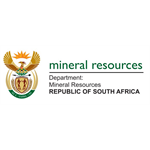












 Conference Programme
Conference Programme  Field trips
Field trips  Sponsorship & expo
Sponsorship & expo  Volunteer
Volunteer  GeoHost
GeoHost  Registration
Registration Tours
Tours  Promotion
Promotion  Publications
Publications


